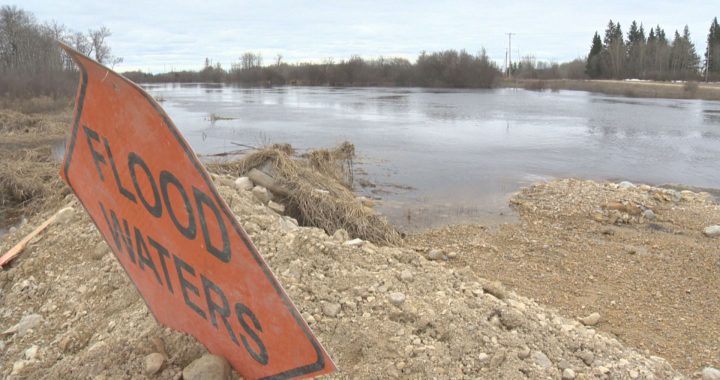The government of Nunavut says there was an above-average number of sick or diseased caribou being reported in the western portion of the territory.
Samples of caribou found in the Kitikmeot and Kivalliq regions were sent to the Canadian Wildlife Health Cooperative for testing.
The tests confirmed the samples contained a parasite that causes inflammation and swelling of muscle and connective tissues.
Tests on the caribou samples from the Kivalliq region haven’t been completed.
“We ask hunters to bring in samples when safe to do so and continue reporting any abnormalities in caribou herds,” said Nunavut’s minister of Environment, Danielle Qavvik in the legislative assembly. “Only when harvesters, wildlife officers, co-management partners and biologists work together to monitor the health of caribou herds can we seek effective solutions to improving their long-term health and viability.”
According to the Committee on Status of Endangered Wildlife in Canada, also known as COWESIC, Barren-ground caribou numbers in 2015 put their numbers at around 800,000 – down from about two million in the 1990s.
In September, seven hunters reported 10 sick caribou to the Kugluktuk Wildlife Office. Samples were subsequently taken by the territorial staff.
Four sick caribou were also reported by Rankin Inlet hunters in September according to the minister.
According to the Nunavut government website, “Barren-ground caribou are found throughout the mainland in the Kivalliq and Kitikmeot regions and most of Baffin, Victoria and Southampton islands, as well as several smaller islands in the northern and eastern Foxe Basin.”









